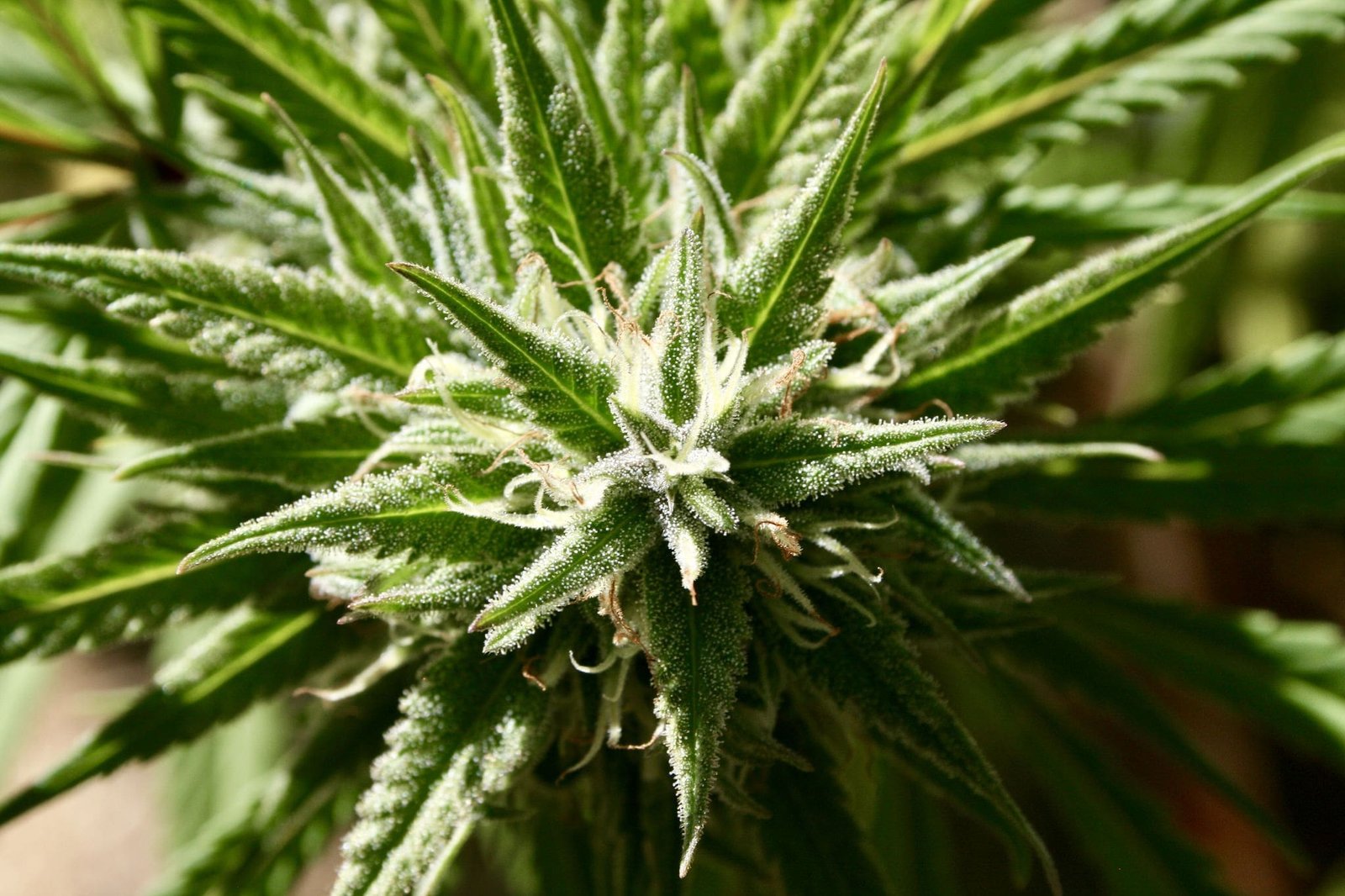A new report from the U.S. Sentencing Commission (USSC) indicates that federal marijuana trafficking cases are continuing to decline as more states legalize cannabis. The USSC’s 2024 Sourcebook of Federal Sentencing Statistics shows a consistent trend over the past decade, where cannabis-related prosecutions have significantly decreased due to state-level reforms and changing federal enforcement priorities.
In 2024, there were approximately 500 federal cannabis trafficking cases, a sharp decline from nearly 3,500 cases in 2015 and about 5,000 cases in 2013. The report does not provide an exact figure for 2024 but includes a chart that compares marijuana trafficking cases with other controlled substances. The data reveals that methamphetamine trafficking has been the most common over the past ten years, with fentanyl now surpassing powder cocaine as the second most prevalent drug trafficking target.
Advocates for cannabis legalization have long maintained that regulated marijuana markets for adults can reduce the demand for illicit products, resulting in fewer arrests for illegal production and sales. The latest USSC report supports this perspective, showing a gradual decline in federal cannabis trafficking cases alongside increasing state legalization efforts.
According to the USSC’s 2024 Annual Report, marijuana represented about 2.6 percent of all drug cases last year related to manufacture, sale, and transportation. Additionally, criminal sentences for marijuana trafficking were the shortest among all drug types, averaging 36 months, down slightly from 37 months reported the previous year.
The report notes that the average length of drug trafficking sentences decreased for three of the six major drug types, including marijuana. In contrast, sentences for fentanyl and crack cocaine offenses increased, while those for methamphetamine remained unchanged. Furthermore, guidelines from USSC advising judges to treat prior marijuana possession offenses more leniently took effect in late 2023.
Historically, federal judges have been directed to consider prior convictions as aggravating factors in sentencing. However, as states legalize marijuana, advocates have successfully pushed for updated guidelines that prevent a cannabis record from automatically increasing a person’s criminal history points, which can lead to harsher sentences.
In addition, a report from USSC highlighted that hundreds of individuals received more severe federal prison sentences last year due to cannabis possession convictions in states that have since changed their marijuana laws. Data from U.S. Customs and Border Protection (CBP) revealed that cannabis seizures at the southern border decreased again in 2023, aligning with the continued expansion of the state marijuana legalization movement.
Lastly, data from the Federal Bureau of Investigation (FBI) released last September showed that approximately 200,000 individuals were arrested for cannabis-related offenses in 2023, with simple possession accounting for a significant portion of those arrests.




